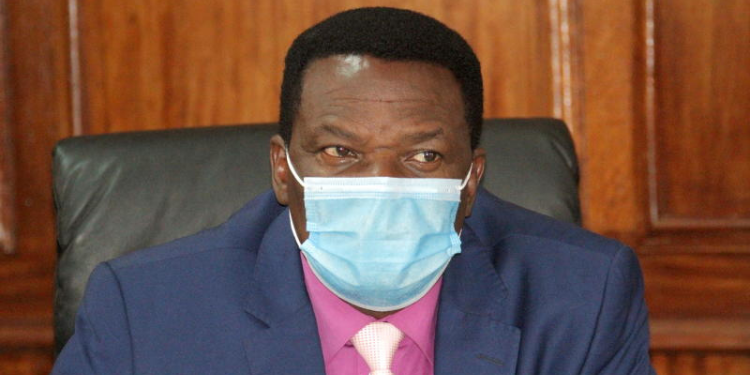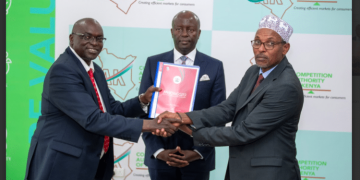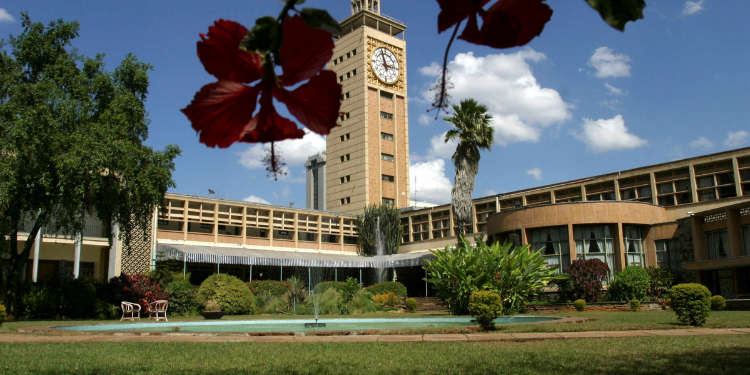A new bill, the Basic (Amendment) Bill, has been presented in Parliament seeking to audit the lifestyle of public school bursars and accountants.
Sponsored by Sirisia MP John Waluke, the legislation seeks to impose stringent accountability measures on public school bursars and accountants, who have long been accused of misappropriating public funds.
Provisions of the Bill
Primarily, the bill aims to scrutinize the living standards of the public school bursars and accountants against declared incomes to detect unexplained wealth.
These bursars and accountants, along with their spouses and dependent children, must submit wealth declarations to prevent hiding assets through family members.
Also, the proposal requires that the bursars and accountants be transferred to different schools every three years.
Waluke claims this rotation aims to break cycles of well-established corruption by limiting prolonged tenures that enable financial misconduct.
“Since time immemorial, in basic education institutions, bursars and accountants, being appointees of the boards of governance, have been manipulating the funds to their advantage, which results in self-enrichment.”
Driving Force Behind the Bill
Waluke argues that extended service in one institution fosters corruption and violates students’ constitutional right to education under Article 53 by misdirecting funds meant for learning.
Also Read: How Kenyans Can Check Their Allowed Period of Stay on a US Visa
Recent audits, including those exposing “ghost schools” and missing bursary funds worth Ksh880 million across counties, highlight the scale of the problem.
The Bill builds on earlier anti-corruption frameworks, like the 2021 Lifestyle Audit Bill, aiming to safeguard public funds allocated to schools.
Waluke maintained that parliament sets salaries for staff in public schools, and bursars and accountants should be regarded as public officers and should be scrutinized equally to other state employees.
“A person who uses his office to improperly confer a benefit on himself or anyone else is guilty of an offence as stipulated under Section 46 of the Anti-Corruption and Economic Crimes Act and shall be deemed to be an act of abuse of office,” Waluke said.
If passed, the bill could reshape financial governance in schools, channelling billions in capitation grants toward their intended purpose: classrooms, books, and facilities.
What next
The bill is under scrutiny by the National Assembly’s Education Committee, which will determine its progression to the First Reading.
Audits may deter fraud, while rotations could introduce fresh oversight, reducing insider collusion and could enhance access to quality education, particularly in marginalized areas, by ensuring equitable resource distribution.
Past lifestyle audits, such as those by the EACC targeting parastatal officials, have exposed discrepancies but often lacked follow-through convictions.
However, nationwide audits and transfers demand significant resources, straining an already tight education budget.
Professional associations may resist, citing job security concerns for bursars and accountants.
Critics also argue that focusing solely on these roles overlooks other culprits, like principals or suppliers, who facilitate fraud.
Moreover, Kenya’s history of weak wealth declaration enforcement since 2003 suggests the need for stronger systems, such as digital fund monitoring.
Also Read: How Kenyans Could Be Affected as Trump Approves Student and Foreign Workers Visa Changes
Without addressing underlying issues like low wages, which drive corruption, the bill risks shifting rather than solving the problem.
Kenya’s education debt
In the 2024/25 financial year ending June 30, 2025, Kenya’s public debt stood at Ksh11.4 trillion, with Ksh6.1 trillion domestic and Ksh5.3 trillion external debt.
Debt servicing alone costs the government Ksh1.85 trillion, consisting of Ksh843.4 billion in principal redemption and Ksh1.1 trillion in interest.
Public universities are grappling with significant underfunding:
- University of Nairobi – Ksh2.17 billion
- Kenyatta University – Ksh2.13 billion
- JKUAT – Ksh1.4 billion
- Egerton University – Ksh1.3 billion
- Moi University: Ksh1 billion
- Technical University of Kenya: Ksh769 million
Overall, institutions received Ksh61.8 billion but needed an additional Ksh6.9 billion to meet operational demands.
Follow our WhatsApp Channel and X Account for real-time news updates.














































































